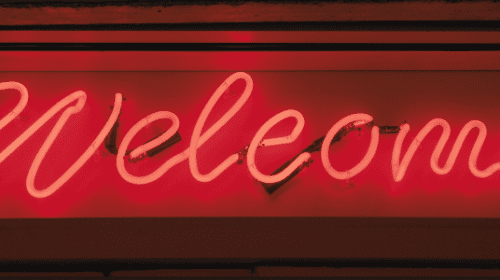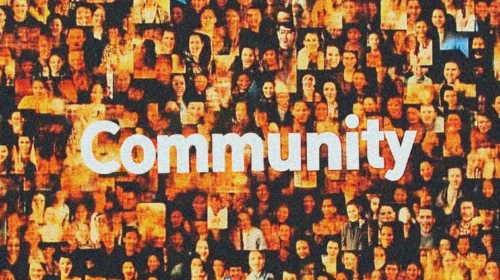Courts may handle criminal matters, but who gives us a path to amend the daily wrongs we commit against others through harsh words, broken promises, and selfish choices? For that, we can learn from one of the oldest and enduring holy days in the world: Yom Kippur—the Jewish Day of Atonement. Yom Kippur offers a framework for healing that reaches far beyond the walls of a synagogue, and it’s especially relevant for people recovering from addiction.
Understanding Atonement
At its heart, atonement is about three things: acknowledging harm, seeking forgiveness, and making amends. In Judaism, Yom Kippur is a structured opportunity to do just that. Each year, individuals pause to reflect on how they’ve wronged others, whether through dishonesty, neglect, or cruelty. They name those wrongs out loud, ask forgiveness directly from those they’ve hurt, and commit to change.
This approach recognizes two universal truths:
- Humans are inherently imperfect.
- Forgiveness requires effort (from both the one apologizing and the one forgiving).
Instead of pretending we’re flawless, Yom Kippur reminds us that being human means falling short, and that reconciliation is possible if we’re willing to face it honestly.
Why Atonement Matters in Addiction Recovery
Addiction doesn’t just harm the person using substances; it ripples outward, affecting families, friends, coworkers, and communities. True recovery demands that we move beyond simply abstaining from substances and also do the work to repair those broken bonds. And atonement is a vital part of that process.
- Acknowledging the Damage
Recovery begins with honesty. Just as Yom Kippur asks people to reflect on their actions, recovery calls for recognizing the pain addiction has caused: lost trust, emotional wounds, financial strain, or missed responsibilities. - Seeking Forgiveness
A sincere apology opens the door to repair. For someone in recovery, that means reaching out to loved ones not only to say “I’m sorry,” but also to show a willingness to change. This is where addiction recovery and forgiveness meet. Apologies paired with consistent action build lasting trust. - Making Amends
Words are important, but actions sustain change. Making amends in recovery could mean setting new boundaries, showing up consistently, or honoring commitments. It’s a long-term process that proves the apology wasn’t empty. - Embracing Imperfection
Perfection isn’t the goal, progress is. To atone means to accept that mistakes happen, but they don’t define us forever. This perspective can help ease the shame that often fuels relapse and encourages compassion for both self and others.
The Power of Atonement in Recovery
Atonement benefits both sides of a relationship. For the person apologizing, it relieves guilt and shame. For the person forgiving, it lessens the burden of resentment. Together, it rebuilds trust and opens space for connection.
- Rebuilding Trust: Demonstrating change over time shows loved ones that recovery is real, and rebuilding trust in addiction recovery is possible.
- Easing Guilt and Shame: Owning mistakes allows individuals to move forward without being trapped by the past. Addressing guilt and shame in addiction recovery is key to preventing relapse and fostering self-worth.
- Strengthening Bonds: Honest apologies and forgiveness restore relationships, creating a supportive network that reinforces recovery.
It’s worth noting that atonement is not a one-time act. Just like recovery, it’s a process—sometimes slow, sometimes uneven, but always moving toward healing.
A Culture of Forgiveness
One of the most powerful aspects of Yom Kippur is its universality: everyone confesses, and everyone forgives. This shared acknowledgment of imperfection makes it easier to admit to mistakes without being crushed by guilt. The secular world rarely offers this kind of ritual, but the need for it is universal.
In recovery, cultivating a “culture of forgiveness” within families and communities can make the difference between isolation and connection. It’s one of the most important steps in healing relationships in recovery, and creates an environment where apologies are taken seriously, forgiveness is possible, and growth is expected.
The Way Forward
Atonement may be an ancient idea, but it holds timeless wisdom for anyone trying to rebuild after harm. By acknowledging damage, seeking forgiveness, making amends, and accepting imperfection, we not only repair relationships but also restore dignity and hope. This is the essence of recovery and reconciliation, and it’s how individuals move past guilt toward growth.
At Recovery Unplugged, we believe healing doesn’t stop at sobriety. Mending the relationships that matter most is a key part of repair and recovery. Practicing atonement, whether in the spirit of religious tradition or personal commitment, helps clients move toward healthier connections, stronger support systems, and lasting recovery.

























